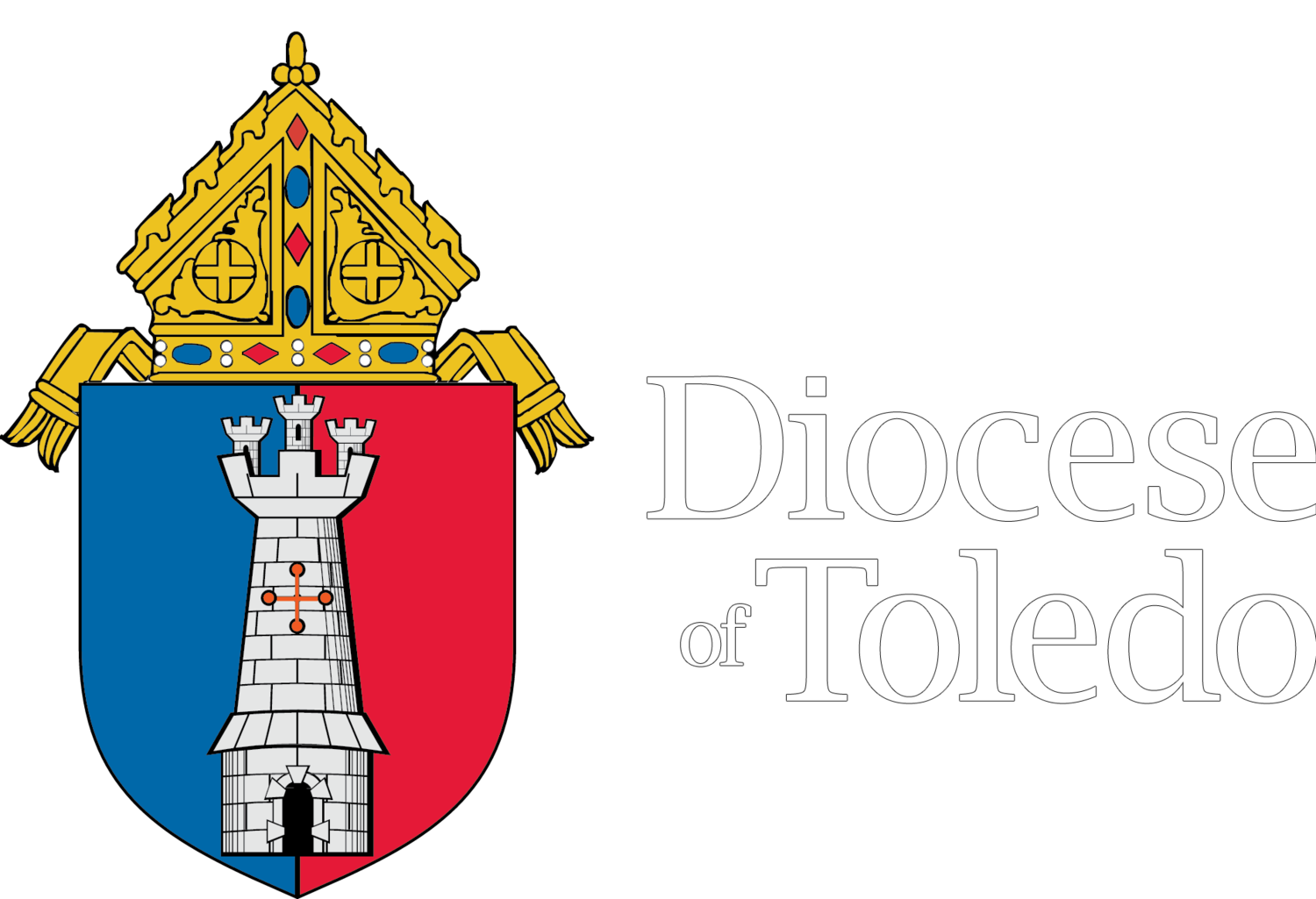You can read the Pastoral Care Guidelines below or download as a .pdf or .docx
Recalling that each moment when a person or persons come to the Church—regardless of reason— is an opportunity to provide pastoral care and to evangelize, an opportunity to introduce (or reintroduce) them to Jesus Christ, who is the way, the truth, and the life, these following general guidelines have been developed as a means to help us assist others with their needs and concerns.
These guidelines are general insofar as it can apply to many different people and scenarios. Because of this generality, it would be impractical to provide a specific answer for each and every pastoral possibility or variation. The guideline includes suggestions and reminders on how to approach a situation when presented by a person who is actively engaging or pursuing a lifestyle contrary to Catholic teaching. Examples of this include, but are not limited to: those engaging in a sexual relationship that is not in harmony with the teachings of the Church (same sex relationships; marriages that cannot be recognized by the Church; non-marital heterosexual relationships, such as premarital and extramarital cohabitation; and those persons desiring to be identified in a manner inconsistent with their biological sex).
1. Welcome and thank the individual(s) for expressing an interest in the Church and her apostolates.
2. Ascertain what the person(s) is(are) seeking.
i. Reception of a sacrament
ii. Use or rental of parish or school property
iii. Admission to school, religious education program, or parish/institution-related activity
iv. Involvement in parish ministry
3. Ask for other pertinent details regarding what it is the person(s) is(are) asking, for example:
i. Are you a member of the parish; do you have children in the school?
ii. Where is the wedding being held? What are the names of the parties to be married?
iii. Who is celebrating the anniversary? Are they Catholic; were they married in the Church?
iv. Who are the parents/guardians of the child?
v. For what charity or for what purpose are you raising funds?
4. If something in the answer given or conversation suggests the person(s) is(are) not pursuing a lifestyle that is in accord with Church teaching, the matter should be referred to the pastor or pastoral leader.
5. The pastor or pastoral leader should meet with the person(s), listen to the person(s)’s story, and discover where the person(s) is(are) spiritually at the moment. With all pastoral charity, inquire if the person(s) is(are) living in a manner consistent with the teachings of the Church. Then, invite the person(s) into a deeper life in Christ. This moment becomes the opportunity to ask how the Church can possibly help. Perhaps this would include assistance with the convalidation or sanation of a marriage or inviting them to celebrate their wedding in the Church (or even to be prepared and celebrate the marriage with a dispensation from the canonical form of marriage). Perhaps this would include (re)introducing the person(s) to the Courage apostolate. In all situations, this is an opportunity to present, in a clear and pastoral fashion, the teachings of the Church (see Catechesis on Human Dignity and Gender-Related Matters), to evangelize, and to encourage all persons we encounter.
6. The catechetical exhibit then logically leads to sharing the policy statement of the diocese. Perhaps, from the pastoral discussion, the pastor or pastoral leader may determine that the Church is able to assist in and perhaps fulfill the person(s) request of the Church. If the Church is not able to assist, she has provided the opportunity for the person(s) to meet a caring person from the Church who has taken an interest in the person(s), has helped the person(s) to understand Catholic teaching, and has invited the person(s) into a deeper relationship with Jesus Christ, to share in his truth and in the life of the Church.
7. At the end of the encounter, the person(s) should be both invited into the life and truth of Christ and his Church, and thanked for their understanding.
8. If the pastor, pastoral leader or school administrator requires assistance or guidance beyond what is provided in this document, please contact the Office of Marriage and Family Life in the Diocese of Toledo.
Submit a question below for your own understanding or for specific circumstances in a parish or school for which diocesan engagement is required. Please provide as much information as possible. Thank you!

